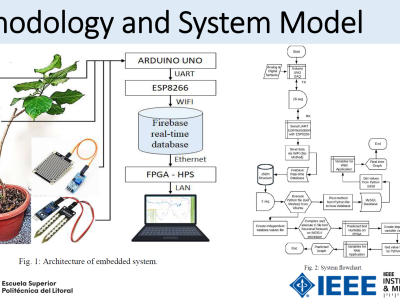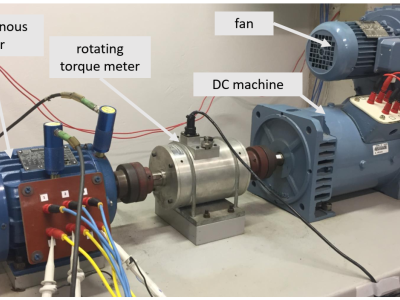Human Thinking Data

- Citation Author(s):
-
Jian Luo
- Submitted by:
- Jian Luo
- Last updated:
- DOI:
- 10.21227/b4rv-3121
- Data Format:
 60 views
60 views
- Categories:
- Keywords:
Abstract
Recent research indicates that fine-tuning smaller parameter language models using reasoning samples generated by large languages models (LLMs) can effectively enhance the performance of small models in complex reasoning tasks. However, after fine-tuning the small model using the existing Zero-shot-CoT method, there are still shortcomings in problem understanding, mathematical calculations, logical reasoning, and missing steps when handling problems. To address these issues, this paper proposes a novel prompting strategy, Human-Thinking (HT) prompting, which aims to emulate human problem-solving thought processes. This strategy enables the model to assume the role of a reasoning expert, understand the problem, and extract key information to complete tasks through detailed step-by-step processing. Additionally, by incorporating more detailed execution instructions into the HT prompting strategy, we improve mathematical calculation performance and enhance the quality of generated reasoning steps. We also explore using HT for data quality enhancement to further improve the reasoning performance of small models by enhancing the quality of fine-tuning data. Experiments conduct on twelve different datasets demonstrate that the combined zero-shot prompting method of HT and data quality enhancement outperforms traditional Zero-shot-CoT fine-tuning methods. This proves that our approach can significantly improve the performance of small models in reasoning tasks.
Instructions:
Recent research indicates that fine-tuning smaller parameter language models using reasoning samples generated by large languages models (LLMs) can effectively enhance the performance of small models in complex reasoning tasks. However, after fine-tuning the small model using the existing Zero-shot-CoT method, there are still shortcomings in problem understanding, mathematical calculations, logical reasoning, and missing steps when handling problems. To address these issues, this paper proposes a novel prompting strategy, Human-Thinking (HT) prompting, which aims to emulate human problem-solving thought processes. This strategy enables the model to assume the role of a reasoning expert, understand the problem, and extract key information to complete tasks through detailed step-by-step processing. Additionally, by incorporating more detailed execution instructions into the HT prompting strategy, we improve mathematical calculation performance and enhance the quality of generated reasoning steps. We also explore using HT for data quality enhancement to further improve the reasoning performance of small models by enhancing the quality of fine-tuning data. Experiments conduct on twelve different datasets demonstrate that the combined zero-shot prompting method of HT and data quality enhancement outperforms traditional Zero-shot-CoT fine-tuning methods. This proves that our approach can significantly improve the performance of small models in reasoning tasks.







